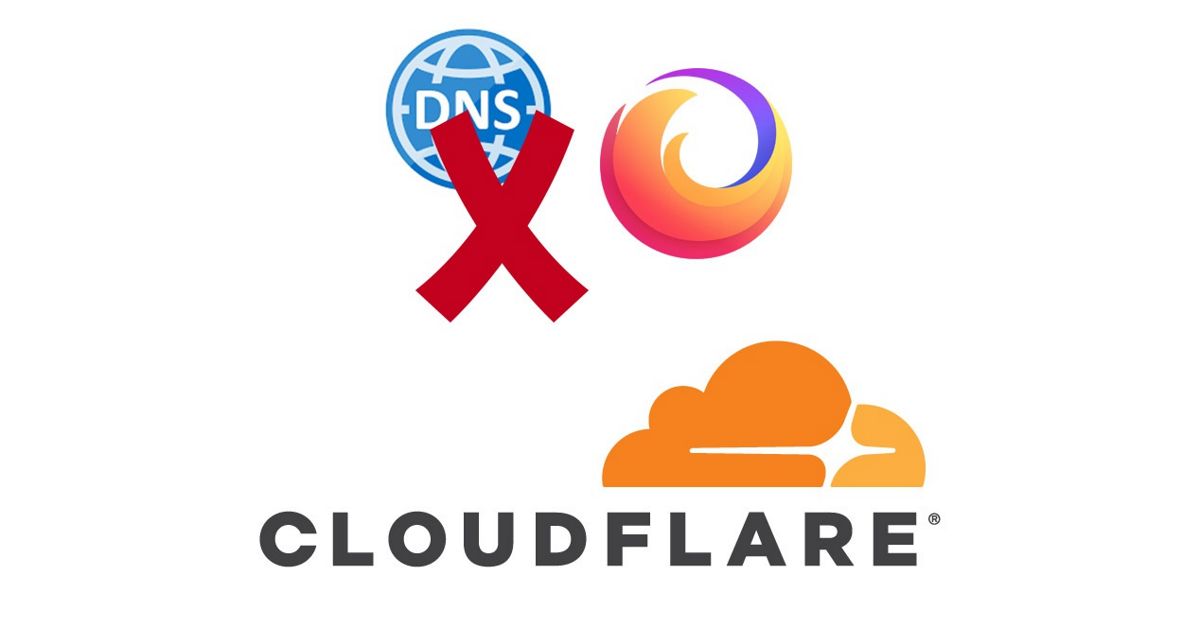
Mozilla recently intervened to denounce the campaign against the DoH initiative (DNS-over-HTTPS), the ultimate goal of which is simply to improve the privacy protection of Internet users.
Mozilla urges the US Congress not to be fooled by vendor activities of the broadband industry on this issue, while questioning the real motivations of the latter. The company claims that updating confidentiality has become a necessity to protect users in light of the large number of abuses committed by ISPs regarding the management of their customers' personal data, citing the illegal sale of these data, DNS manipulation for advertising targeting, user activity monitoring.
En the letter you sent to the presidents and members of the three committees ordered by the House of Representatives, Mozilla believes that the attitude of ISPs towards a feature that promotes the protection of the privacy of Internet users «It raises questions about how they use their customers' web browsing data.
Besides it Mozilla regretted that "Internet service providers often do not keep confidentiality notices for their DNS services."
As a result, "we do not know exactly what data is stored, how it is used or with whom it is shared." Because there is very little regulation of broadband privacy practices, Mozilla believes that it is the responsibility of browser owners to protect users.
Mozilla also claims that ISPs gave inaccurate information to lawmakers. It even encourages them to publicly review current policies for the collection and use of ISP data, arguing that "more information on ISP practices could be helpful to the Committee in seeking its deliberations on this issue."
MarshallErwin, senior manager of Mozilla's Trust and Security division and signatory of the letter, explained:
"It is not surprising that our work at the DoH was the target of a campaign to prevent these measures." protection of privacy and security, as evidenced by the recent letter sent to Congress by the main telecommunications associations. This letter contained a number of factual inaccuracies.
It states that lInternet users are followed by Google, Facebook and other advertising companies, but specifies that ISPs have "privileged access" to users' browsing history.
According to him, it already exists
"A remarkably sophisticated micro-billing on the Web" and "it is a mistake to use DNS for these purposes."

Regarding ISPs' concerns about Google's misuse of DoH operations, Erwin states that this is just a complaint:
"The lobbying effort focused on using Google like a bogeyman, given the many antitrust concerns that exist today, to create a lot of uncertainty about the possible implications of DNS over HTTPS."
Mozilla is considering a more aggressive implementation of this feature dedicated to protecting online privacy. Plan to gradually transfer all Firefox users to the DoH system, regardless of whether or not your existing DNS provider supports this new feature.
This movement will make Cloudflare the default DNS provider for Firefox web browser users, regardless of the underlying operating system DNS settings.
Mozilla has more flexibility to do this because most surveys show that Firefox has a single digit market share that is significantly less than Chrome. Also, Firefox is not a major DNS provider, unlike Google.
Mozilla has specific requirements that DNS providers must follow to get a spot in your DoH program.
For example, DNS resolvers must remove data that identifies users within 24 hours and use it only "for the purpose of operating the service." In addition, the providers "will not retain, sell or transfer to a third party (except as required by law) personal data, IP addresses or other user identifiers or user request templates of DNS Queries sent by the Firefox browser".